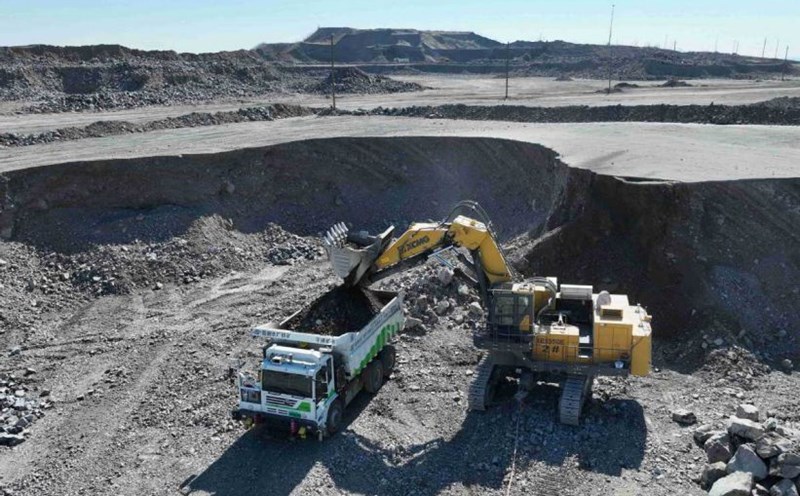On October 13, China announced a series of new export control measures for batteries and battery materials, a move that experts assess could have a profound impact on US businesses.
These include large-scale lithium-ion batteries used for energy storage, ultrasound and ultrasound materials, and battery machinery areas in which China has a superior advantage.
According to the new regulations, enterprises that want to export must apply for a license from the Chinese Ministry of Commerce. Mr. Matthew Hales, an expert from BloombergNEF, said that China is holding a strong enough tool to quickly impact US companies because the country dominates the global battery supply chain.
In the first 7 months of 2025, about 65% of grid-scale electricity storage batteries imported to the US originated from China.
As demand for energy has increased sharply due to the explosion of artificial intelligence, the US is more dependent on energy storage. Ms. Emily Kilcrease, Director of the Energy, Economic and Security Program at the US Security Center, said that electricity demand is becoming a bottleneck in data infrastructure development.
In addition, China controls 96% of total cuc positive and 85% of total negative electricity production capacity globally, making it almost impossible to replace supply. Mr. Cory Combs, an expert at Trivium China, considered this a big escalation because factories outside China are completely dependent on these components.
The impact of the policy has caused fluence Energy's stock to fall more than 12% and Tesla to lose 5%. Some US businesses such as Dragonfly Energy are making efforts to reduce their dependence on Chinese components, but this will take time.
According to Ilaria Mazzocco, an expert at the Center for Strategic and International Studies, China not only wants to create pressure in negotiations but also wants to protect its leading position in the clean energy industry. However, the new measure also puts China's billion-dollar battery industry at risk if exports are too restricted.
The trade confrontation continues to escalate as US President Donald Trump threatens to impose an additional 100% tax on Chinese goods, after Beijing imposed a series of new control measures. Observers say how much China uses lebratory factors will depend on the progress of upcoming trade negotiations.










